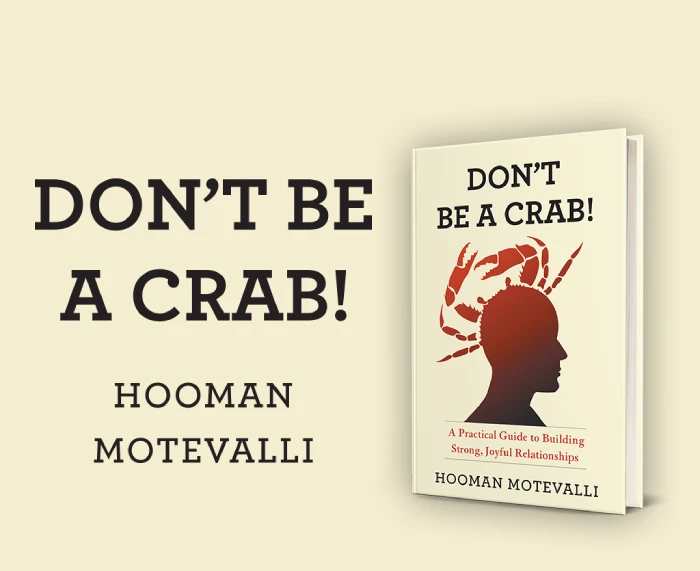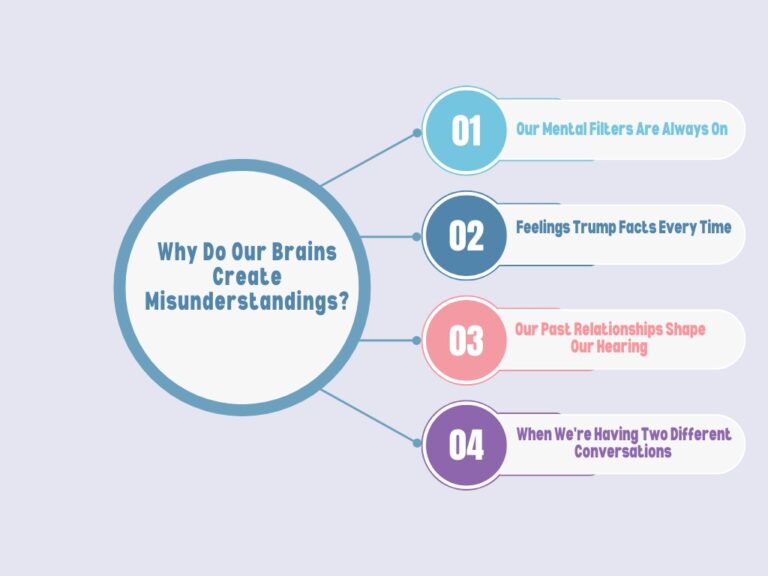Today’s word is gratitude.
We live in a time when people forget what it means to appreciate the little things they have, and even when they acknowledge them, they compare them to what others have.
Learning gratitude practices is a powerful way to change that mindset. Gratitude makes the difference from teaching us how to find joy in the smallest things in our lives to appreciate our little wins to improving our overall health.
Gratitude practices help you appreciate and focus on the good things in life. Whether these moments are big or small, gratitude practices help you shift your perspective and allow you to see the good in each experience.
My students, team members, and others who have read my book have often asked me how I can always appreciate the simple things in life despite my level of achievement. I have adopted the art of gratitude practices in my classes, workshops, and books, and I’ll share some of those practices with you.
If you can’t remember the last time you felt thankful or you’re looking for more ways to express gratitude, start practicing these gratitude practices.
Here are 15 gratitude practices to live your life by in 2024:
1. Start your day with reflection.
This is a good gratitude practice to start your day with. Begin your day with gratitude by thinking about what you’re grateful for. It could be having a roof over your head, food, your complete senses, a beautiful family at home, or a job.
No matter how insignificant whatever you’re grateful for is, it sets the right positive tone for your day. You’ll be more likely to have a good day.
2. Keep a daily journal.
Having a daily journal is one of the best gratitude practices for anybody, particularly those who find it hard to identify what they are grateful for. Spend a few minutes each day writing about your day, and you’ll soon see things you’re thankful for.
Examples are a helping hand from a stranger or a friend, the food your mom made, the file your co-worker helped you sort, or getting home safely. Do this gratitude practice enough, and you’ll soon run out of things you’re grateful for.
3. Call your friends to thank them.
Most times, the people we fail to appreciate are the closest ones around us. Calling your friends to tell them how much they mean is a good gratitude practice. You’re average among the friends around you.
When you call them, spend enough time on the call. Tell them those few things they do for you that you do not take for granted and are grateful for. Listen to them, too, and show them you care for them.
4. Do at least one good thing each day.
Think of that one person you can help; no matter how minor the help may be, it can make a difference and impact their lives. It could be someone who needs an item you have but no longer need or even your time.
No matter how small it is, make it a daily gratitude practice to always do one good deed each day for someone.
5. Smile more often.
Smiling is one of the most simple yet effective gratitude practices. It has the power to change your mood and that of those around you. It also takes little effort, yet it can make a massive impact.
Smiling at people makes them feel secure, loved, and appreciated, which contributes to more fulfilling and healthier relationships.
6. Avoid negative thoughts.
Negative thoughts can leave you feeling sad, angry, anxious, depressed, discouraged, and ungrateful. These feelings can roll into other areas of your life and shift your focus to the negative things about them.
An excellent gratitude practice is learning to focus on the positive aspects of life. This is not you running away from the reality of things; it’s choosing to control your feelings—and you choose to be positive and grateful.
7. Call your parents more often.
One of most people’s biggest regrets is not spending enough time with their parents when they were still alive. That’s because we often take our parents for granted.
Your parents are your first love and biggest supporters. Call them more often and tell them how much you love them and are grateful for them.
8. Don’t engage in unhealthy conversations.
Unhealthy conversations like gossiping about your boss, friends, co-workers, or neighbors can damage healthy relationships. Instead, focus on having meaningful and uplifting conversations with them.
A good gratitude practice is to talk about the good moments of your life and celebrate the positive aspects of your life together. Choose conversations that promote love and gratitude.
9. Appreciate your partner for the little things.
Show appreciation to your partner for their presence and the love they bring into your life. Take the time to express gratitude for the little things they do that make a difference in the relationship.
It could be how they pat your back after a long day or how they make coffee for you in the morning; whatever it may be, show gratitude for it.
10. Give genuine compliments.
Giving compliments is one of the best gratitude practices I’ve incorporated. Whether it’s complimenting a co-worker on their presentation skills or telling them how good they look, it can not only make their day but also help you develop a sense of gratitude within yourself.
Giving genuine compliments can have a ripple effect that spreads positivity to those you give to, those around them, and you.
11. Have a positive perspective on things.
One of the ways to remain grateful despite trying times is to have a positive perspective on your circumstances. Instead of focusing on the negative consequences of the events, find a reason to be positive about them.
Think of the many benefits that that event brings to your life, and be grateful for them. By doing this, you train your mind to focus on the positive aspects of life.
12. Reward people’s efforts.
Acknowledging and appreciating people for their efforts is a gratitude practice you can train yourself to do. When you reward people for their efforts, it not only boosts their morale but also reinforces their sense of gratitude.
Whether a simple thank you, a compliment, or a small token of appreciation, showing gratitude toward others can create a positive cycle of acknowledgment and encouragement.
13. Meditation regularly.
This is arguably one of the most common gratitude practices. Taking time each day to sit in stillness and quiet the mind allows us to cultivate inner peace and clarity.
Let go of negative thoughts and emotions and instead focus on the present moment. Think of the things you’re grateful for. This practice helps to reduce stress and anxiety, allowing us to approach challenges with a calm and centered mindset.
14. Don’t complain.
What’s the first thing we do when things don’t go our way? Complain because it’s the easiest thing to do. But complaining never solves the problem, leaving us with negative thoughts.
Instead of complaining, focus on finding solutions and opportunities to grow and learn from that situation. By doing this, you shift your mindset to one that has a positive and optimistic outlook on life.
15. Teach your friends how to be grateful.
It’s not enough that you learn how to be grateful; teach your friends how to be grateful, too, by sharing your experiences with them and teaching them gratitude practices to work with.
Remind them to focus on the present moment and appreciate the small joys in life. By spreading the message of gratitude, you can help create a supportive and positive community that uplifts and supports each other.
Conclusion
In today’s world, where comparison overshadows appreciation, this post teaches us how to think, act, and live a life of gratitude. Here, you’ll learn how different gratitude practices affect how we think about ourselves and our relationships.
Starting the day with reflective thoughts, maintaining a gratitude journal, and expressing thanks to those closest to us are simple yet powerful gratitude practices that can shift our perspective.
For guidance on how to not only acknowledge the abundance in our lives but also inspire others to do the same, check out the practical guide “Don’t Be a Crab.” Let this book be the compass guiding us toward a brighter, more connected, and ultimately, more grateful future.









